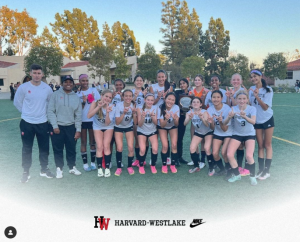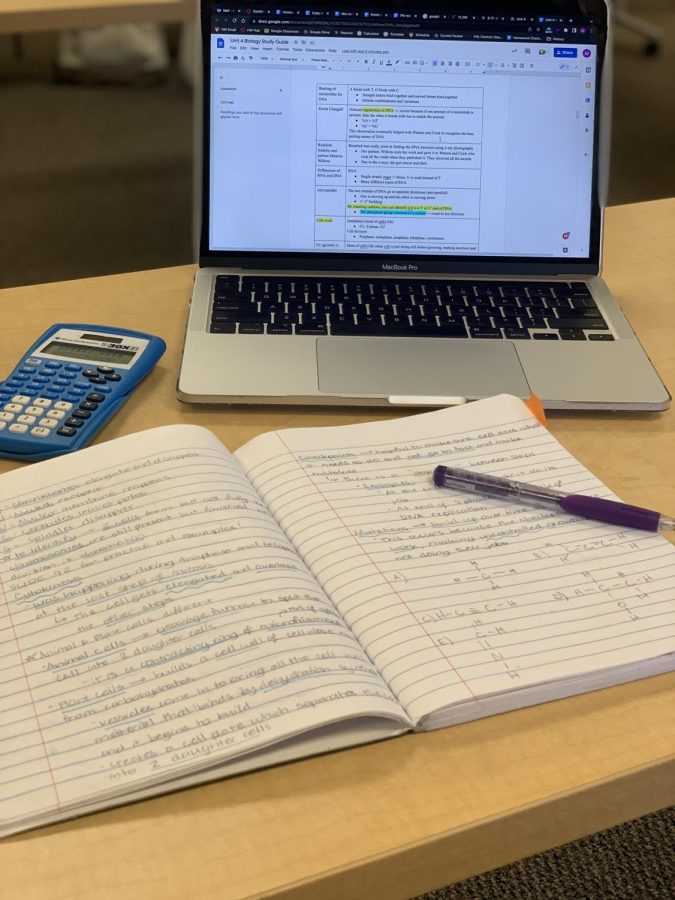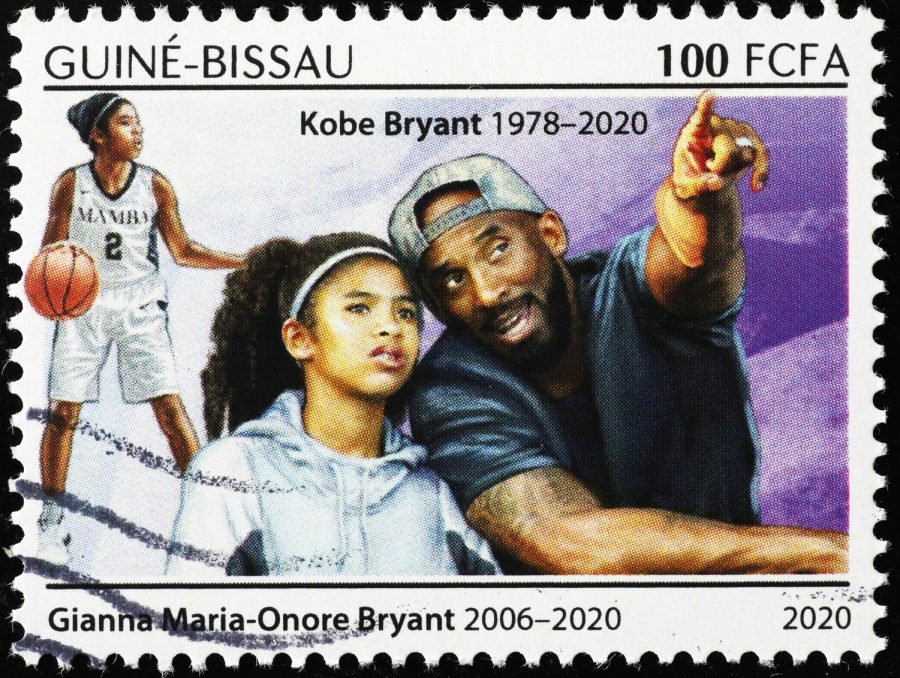The world was appalled when the Saudi Arabian government admitted that political dissident and journalist Jamal Khashoggi had been killed in Saudi consulate in Istanbul Oct. 20. Khashoggi, who had entered the consulate Oct. 2 to obtain marriage documents, was previously declared a missing person. Although the Saudi government claimed he had left the building with no trouble, there was a lack of security camera evidence proving he had left the building. International media and government officials began to question the legitimacy of the Saudi government’s claim and started to speculate that Khashoggi had been murdered.
The official Saudi stance on the event is that Khashoggi was involved in a fistfight where he died of strangulation, but international media reported Nov. 16 that the CIA had come to a conclusion that Saudi Crown Prince Mohammed bin Salman had ordered the assassination himself, and the killing was carried out by agents of the Saudi government. While world leaders across the globe expressed distrust and shock at the incident, one head of state stood familiarly alone: U.S. President Donald Trump.
Trump released an official White House foreign policy statement that stated: “Our intelligence agencies continue to assess all information, but it could very well be that the Crown Prince had knowledge of this tragic event – maybe he did and maybe he didn’t! That being said, we may never know all of the facts surrounding the murder of Mr. Jamal Khashoggi.” Nov. 20. This contradicts what the CIA and other sources have concluded on the incident – that the Saudi government was directly involved in the murder but they were denying involvement. Trump later said that, “in any case, our relationship is with the Kingdom of Saudi Arabia…The United States intends to remain a steadfast partner of Saudi Arabia…”
The rest of the world was shocked by Trump’s response, as both the United States’ own intelligence agencies and much of the media in the Western world provided substantial evidence against Salman’s position of denial. There was no opposition that could really stop Trump’s claims, however, until Dec. 13. Almost two months after the death of Jamal Khashoggi, the U.S. Senate voted 56-41 to cease American military assistance to Saudi Arabia’s involvement in the Yemeni Civil War, and later unanimously approve[d] a motion holding Salman personally responsible for Khashoggi’s death.
Sen. Mike Lee, R-Ut., commented that, “What the Khashoggi event did, I think, was to focus on the fact that we have been led into this civil war in Yemen, half a world away, into a conflict in which few Americans that I know can articulate what American national security interest is at stake.” Sen. Bernie Sanders, I-VT, who was a co-author to the resolution, said “Today, we tell the despotic regime in Saudi Arabia that we will not be part of their military adventurism.”
The vote exhibited both the Senate’s determination to charge the Saudi government with Khashoggi’s assassination and a rejection of the Trump administration’s position that the Saudis had no involvement in the killing. It also displayed the Senate’s criticism of the U.S.-Saudi diplomatic relationship and the history of overlook the U.S. has over Saudi human rights abuses in the interest of arms sales, oil deals, and counterterrorism efforts in the Middle East.
The alliance between the United States and Saudi Arabia is one that has seen its fair share of criticism and it is frankly not difficult to see why. In Saudi Arabia, women are treated as legal minors, the practice of non-Muslim religions is prohibited, LGBT rights are unrecognized, and, as seen in the murder of Khashoggi, any opposition to the government is immediately put down – with brute force. So why would the U.S. keep diplomatic relations with the Saudis since the end of World War II? Before Khashoggi’s murder, it was simple, really – the notorious American demand for oil.
Although the recent shale gas “revolution” has propelled the U.S. to among the highest exporters of oil in the world, we still import about 876,000 barrels of Saudi crude oil per day. This is because the shale oil produced by the Permian Basin in Texas, one of the leading sources in shale production, does not fit well chemically speaking with the oil refineries on America’s Gulf Coast. What does fit well is crude oil – and lots of it. Saudi Arabia’s kind is a perfect fit for America’s refineries, and so nearly a million barrels of it are imported from the kingdom to us. Because of our dependency on their oil and their willingness to make billion-dollar arms deals, the diplomatic relationship has stood the test of time. But with the Senate voting to reprimand Salman and halting military assistance, this 70-year-old connection might be in danger.
The murder of Khashoggi is just one of many appalling breaches of international humanitarian law the Saudi government has perpetrated, but this time it wasn’t so overlooked. Previous violations of international ethical codes include the use of airstrikes to kill thousands of civilians, the imprisonment of peaceful dissidents, the discrimination against religious minorities, the arrests of LGBT Pakistani citizens, violations of due process and fair trial to children, the denial of women’s rights, and the deportation of migrant workers. But because of the publicity Khashoggi’s assassination received and the outrage the public displayed, the U.S. as a whole had an ultimatum: accept the Saudis denial of the attack or punish Salman and risk almost certain economic blowback. The Trump administration took the first route, protecting American economic interests but denying the investigations and evidence. The senators took the second, rebuking the Saudis for the attack and terminating military assistance.
This vote will almost certainly have a drastic impact on U.S.-Saudi relations, the the crude oil market, and the United States’ actions in the Middle East. The differing opinions of the Trump administration and the Senate on the issue of Jamal Khashoggi’s murder will also be a large issue in the American political landscape for the upcoming months. These matters will greatly affect how the world sees both the Middle East, a region terrorized by radical violence, and the United States, a country that must determine which Saudi Arabian enigma to solve first: economic dependence or the abuse of human rights.








